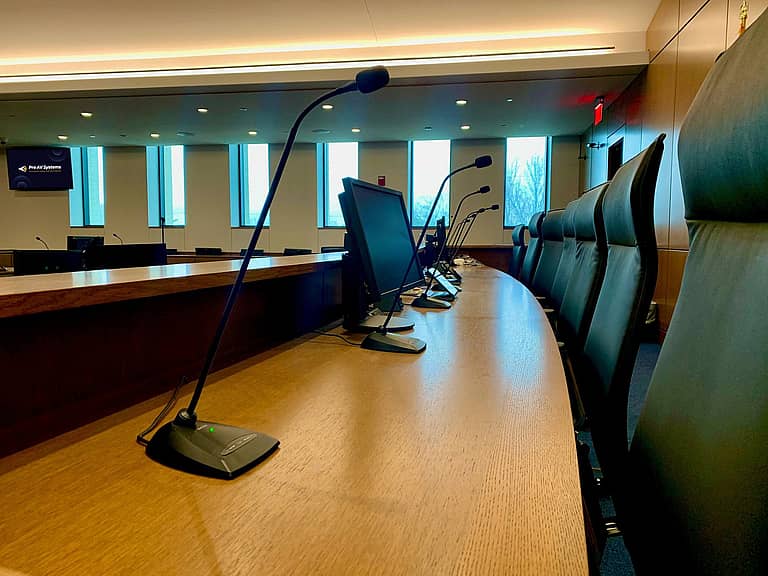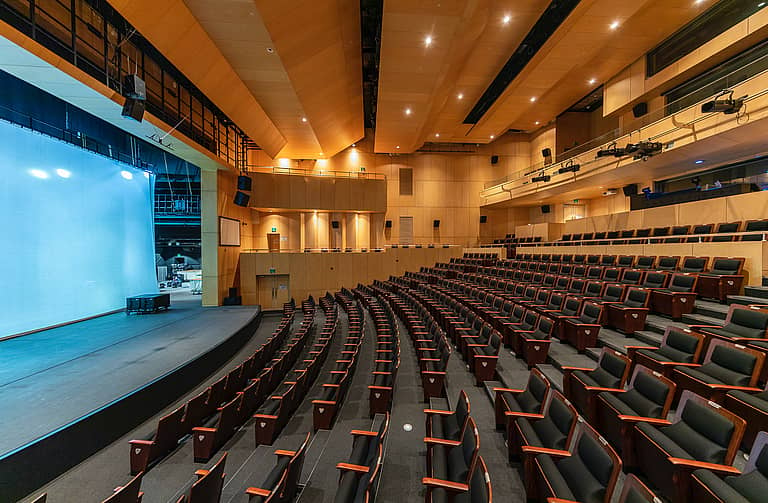A recent survey of businesses in the Greater Boston area indicates that there will be some significant changes to working trends as we transition into a new era. The Massachusetts Competitive Partnership surveyed 110 Massachusetts companies, representing more than 113,000 people who are mostly employed in the Greater Boston area. The survey revealed that 51-percent of companies surveyed believe that a quarter or less of their employees will be in the office on Fridays. In a time when employees are now demanding more flexible schedules, about two-fifths of the companies surveyed anticipate half or fewer employees to be on-site on Tuesdays, Wednesdays, and Thursdays. Given these results, not surprisingly, over a third also indicated that they plan to decrease their brick-and-mortar footprint. What does all this mean for your business? Let’s look at some of the technology that can help your business adapt to this new hybrid business model.
Addressing Hybrid Collaboration Needs
These anticipated changes mean that employees will spend less time in the office and therefore online and hybrid collaboration will continue to play a very important role in productivity. Communications between employees whether on-site or remote need to be easily accessible and reliable. Efficiency is key in a hybrid work model and high-quality audio and video equipment both at home and on-site will allow meetings to run smoothly without the hiccups of inaudible participants or content that can’t be displayed clearly. Employers will need to focus on providing at home employees with equipment or funding to purchase equipment that will allow them to easily and effectively collaborate with peers.
Beefing Up On-site Communications
With employees who are no longer regularly on-site, communications need to be swift and efficient when they visit the building. To announce protocols that may have changed, whether health-related or otherwise, digital signage can be very effective at updating an employee or other visitor as soon as they walk or drive onto the premises.
Hot Desking and Desk Hoteling
With less square footage and less employees on-site, companies may find it difficult and impractical to provide a permanent desk for every employee. This is where Hot Desking and Desk Hoteling come into play. Hot desking allows employees to simply walk in and select a desk, sit down, and get to work. Desk Hoteling allows employees to book a desk in advance and often for more than one day—similar to booking a hotel room with a check in and check out date and time. Both require equipment that multiple people can quickly and easily access to facilitate their workflow such as for videoconferencing.




